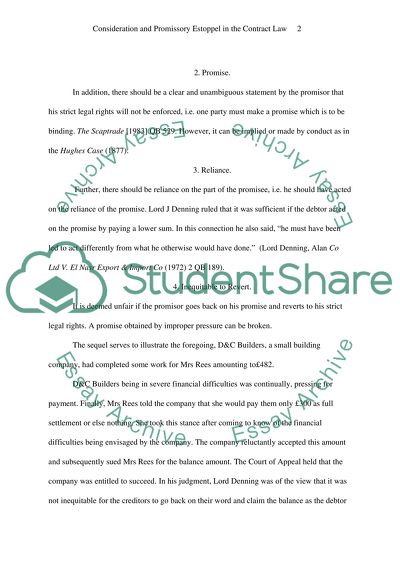Cite this document
(“Estoppel in the Contract Law Case Study Example | Topics and Well Written Essays - 2000 words”, n.d.)
Retrieved de https://studentshare.org/law/1501287-estoppel-in-the-contract-law
Retrieved de https://studentshare.org/law/1501287-estoppel-in-the-contract-law
(Estoppel in the Contract Law Case Study Example | Topics and Well Written Essays - 2000 Words)
https://studentshare.org/law/1501287-estoppel-in-the-contract-law.
https://studentshare.org/law/1501287-estoppel-in-the-contract-law.
“Estoppel in the Contract Law Case Study Example | Topics and Well Written Essays - 2000 Words”, n.d. https://studentshare.org/law/1501287-estoppel-in-the-contract-law.


